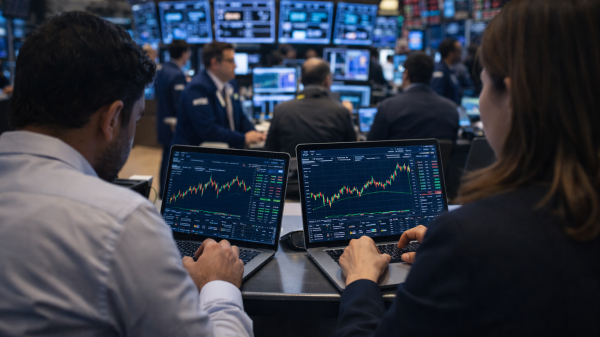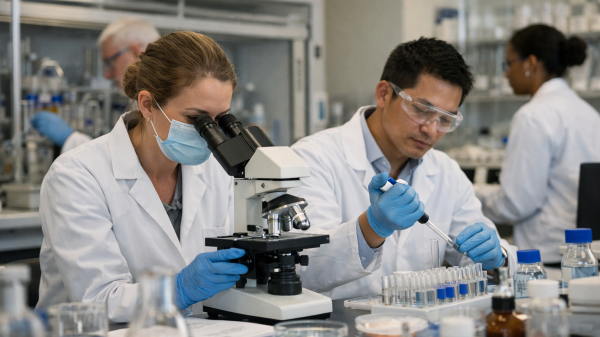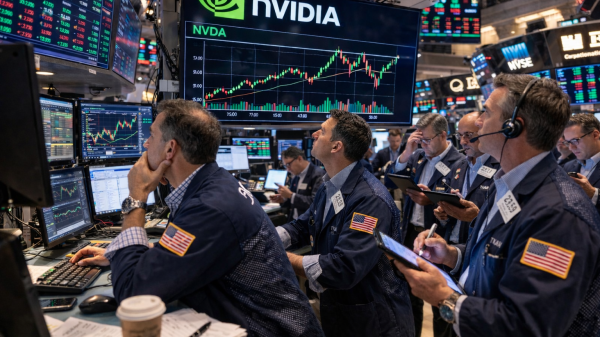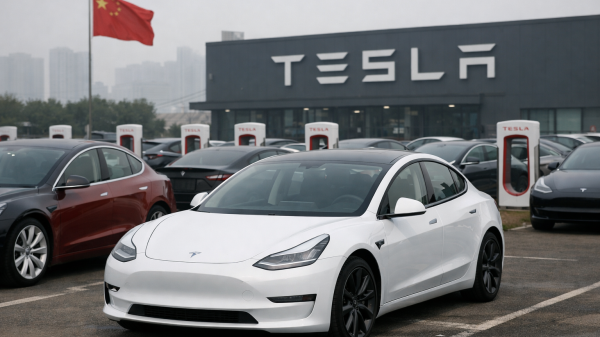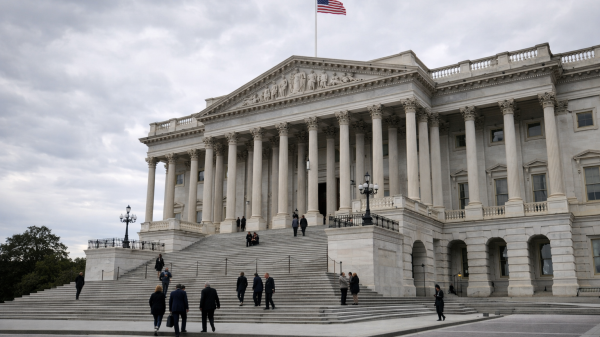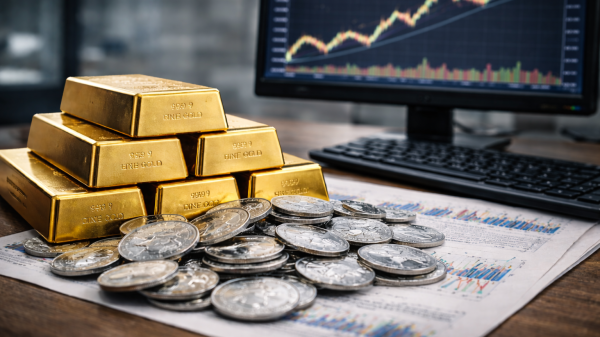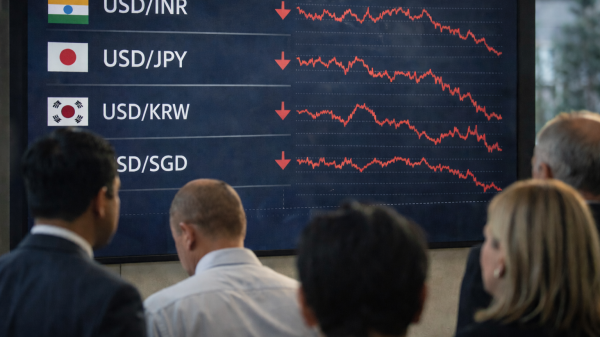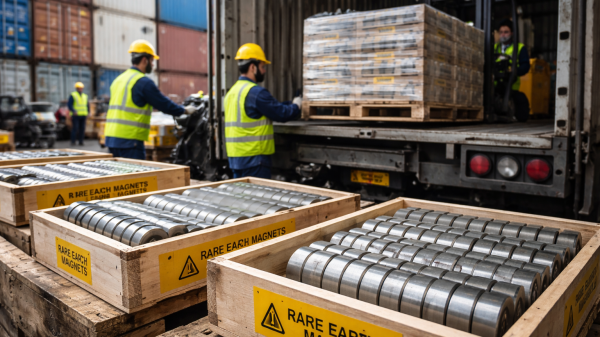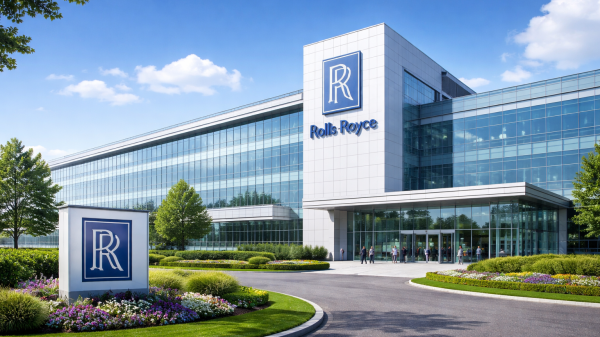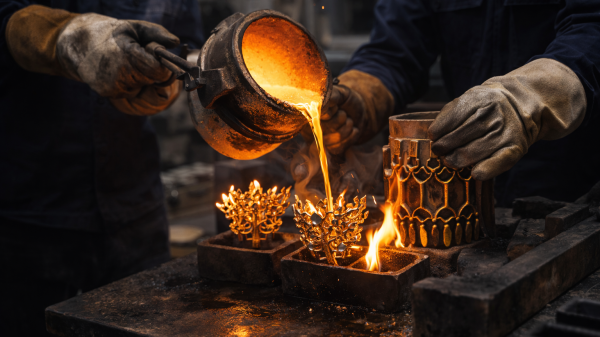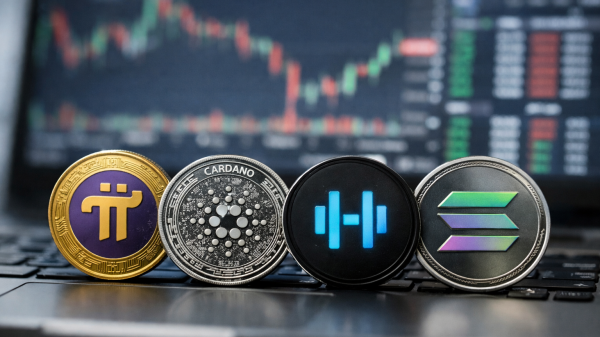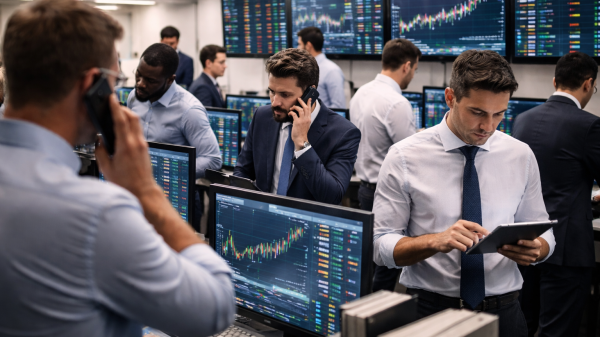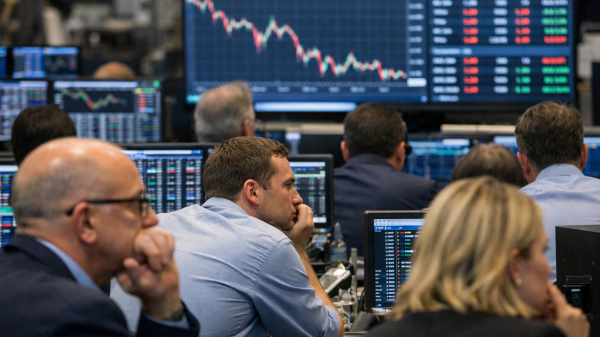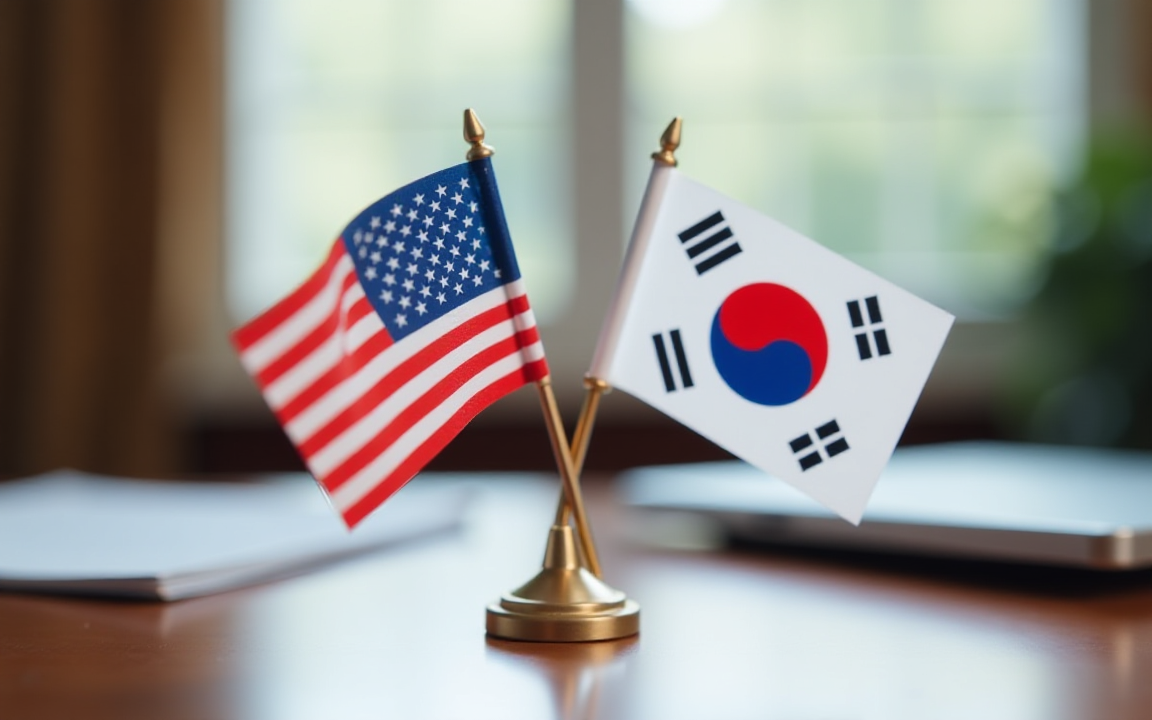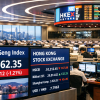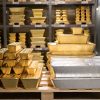US President Donald Trump and South Korean President Lee Jae Myung are set to hold their first summit meeting in Washington on Monday.
This follows last month’s trade deal, which reduced US tariffs on South Korea from a threatened 25% to 15%.
Discussions are also expected to focus on US efforts to redefine their decades-long military alliance, according to a Reuters report.
Additionally, Trump has indicated that more South Korean investment plans will be announced, building on the $350 billion package agreed upon last month.
The following are some of the main items that could be discussed, as per the Reuters report.
Defence cost
With approximately 28,500 American troops stationed in South Korea to deter nuclear-armed North Korea, Trump has accused this Asian ally of “free-riding” on US military might.
Before Trump’s presidential election win last November, Seoul agreed to a five-year plan to increase its contribution by 8.3% to 1.52 trillion won ($1.09 billion) for the first year in 2026.
Washington also seeks to increase allies’ defense spending to 5% of GDP. South Korea’s current allocation of 61.25 trillion won, or 2.3% of GDP this year, falls short of this target.
Modernising the alliance for China deterrence
US Under Secretary of Defense Elbridge Colby has commended South Korea as a “role model” for its increased involvement in deterring North Korea, while also advocating for a “modernization” of their alliance.
Discussions at the upcoming summit may address the possibility of reorienting US troops’ focus. Instead of solely concentrating on North Korea, their role could expand to include managing tensions in the Taiwan Strait and deterring China.
This potential shift could be sensitive for Seoul. President Lee has expressed full support for the US alliance, yet has also pursued a balanced approach to its relationship with Beijing.
Furthermore, experts caution that assigning multiple missions to US forces could compromise their primary objective of deterring and defeating a North Korean attack.
South Korean Foreign Minister Cho Hyun has denied any ongoing discussions with Washington regarding the potential redeployment of US forces in the event of a Taiwan Strait emergency.
North Korea
South Korea has indicated that denuclearising the Korean peninsula will be a key discussion point among leaders.
Lee, the current South Korean president, informed Japan’s Yomiuri Shimbun newspaper on Thursday that his administration plans to establish the necessary framework to eventually dismantle North Korea’s nuclear weapons program through discussions with Pyongyang and close collaboration with Washington.
Since taking office in June, Lee has actively pursued a reduction in tensions with Pyongyang.
This aligns with Trump’s continued emphasis on his historic summits with North Korean leader Kim Jong Un during his first term.
Both Lee and Trump have expressed a desire to resume dialogue with Kim, and according to Sydney Seiler, a senior adviser at the Center for Strategies and International Studies, they may issue a joint message to North Korea.
However, North Korea has thus far rejected Lee’s peace initiatives, which include the cessation of loudspeaker propaganda broadcasts along the border.
Shipbuilding
During his visit to the US, Lee will include a stop at Philly Shipyard in Pennsylvania, which was acquired by the South Korean shipbuilder Hanwha Ocean and its parent company.
Seoul officials emphasized that shipbuilding cooperation, aimed at aiding the US industry, was crucial for achieving a trade agreement.
South Korea has committed $150 billion from the total investment package specifically for US shipbuilding collaboration, with further details expected to be announced during the upcoming summit.
Nuclear fuel
During an upcoming summit, South Korea’s Foreign Minister Cho stated to parliament that the nation would seek US approval to reprocess or enrich its own nuclear material.
He emphasised that this pursuit is for industrial and environmental purposes, not for nuclear armament.
Under an existing agreement with the US, South Korea is currently prohibited from reprocessing spent nuclear fuel, which can be used to create nuclear weapons, without US consent.
Furthermore, Seoul is a signatory to the Treaty on the Non-Proliferation of Nuclear Weapons.
While President Lee has publicly rejected the concept of nuclear armament, his intelligence agency chief earlier this year advocated for Seoul to secure the right to enrich uranium. This, he argued, would demonstrate South Korea’s “potential nuclear capabilities.”
Corporate investments
South Korea and the US will also discuss cooperation in chips, batteries, shipbuilding, and economic security.
Planned investments include Samsung’s Texas chip factory, Hyundai’s Georgia car factory, and Hanwha’s expanded US shipyard.
A South Korean newspaper reported a potential $150 billion additional investment from Seoul, though the industry minister said it’s undecided.
They may also discuss reducing US tariffs on South Korean car imports. Differences exist on a $350 billion investment fund and South Korea denied agreeing to open its rice market.
The post Seoul’s defense contributions and alliance modernisation in focus at US summit appeared first on Invezz



